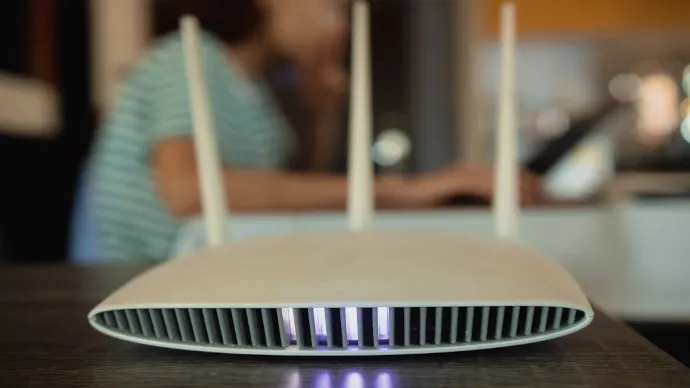The average American household spends a significant portion of its income on bills every month. Housing is typically the largest monthly expense, accounting for nearly one-third of a household’s budget. For comparison, studies from the U.S. Bureau of Labor Statistics show that transportation averages 14%, income tax 13%, and food 10% of the monthly budget.
Housing costs include rent or mortgage payments, insurance, property taxes, repairs, and utilities. Utility bills alone, which cover electricity, gas, oil, water, and phone services, make up almost 20% of all housing-related costs. According to Bankrate, the average expenditure on housing-related costs increased by 3.5% in 2020, and utility bills continue to rise each year.
Internet is now a vital part of American households—not just for work and school, but also for shopping, entertainment, and communication. Let’s explore the average internet bill per month and what influences how much you pay.
How Much Is the Average Internet Bill Per Month?
Internet is one of the few services where costs have remained relatively stable despite nationwide inflation. According to the 2022 Broadband Pricing Index Report, the average cost of internet service was $45.97 per month for the most popular plans. This is down from $48.42 in 2021.
When adjusted for inflation, the real average cost of internet per month dropped by 14.7%, from $42.59 in 2021 to $36.33 in 2022.
For high-speed internet plans, the average cost in 2022 was $73.55 per month, a slight decrease from $74.80 in 2021. In real terms, this equated to an 11.6% price drop.
Table: Real and Nominal Prices of Popular vs. Fastest Internet Services
| Service Type | 2021 Price | 2022 Price | % Change |
|---|---|---|---|
| Popular internet service (nominal) | $48.42 | $45.97 | -5.1% |
| Fastest internet service (nominal) | $74.80 | $73.55 | -1.7% |
| Popular internet service (real) | $42.59 | $36.33 | -14.7% |
| Fastest internet service (real) | $65.75 | $58.12 | -11.6% |
These figures show that while the average internet bill per month varies based on speed, internet remains relatively affordable compared to other rising expenses.
Factors That Influence Internet Bill Per Month
Several key factors determine how much you’ll pay for internet.
Internet Speed
Higher speeds come at higher costs. Many households overpay because they sign up for speeds they don’t actually need. A gamer or small business owner may require ultra-fast internet, but a household mainly using Wi-Fi for browsing and streaming might find a mid-range plan sufficient.
The FCC’s Broadband Speed Guide is a reliable tool to help you determine the right internet
Type of Internet Connection
The type of connection also affects the monthly cost of internet. Options include:
- Dial-up
- DSL (Digital Subscriber Line)
- Cable
- Wireless
- Fiber optic
- Satellite
- Cellular
Rural areas may have fewer choices, often limited to DSL or satellite. Fiber optic offers the fastest speeds, while satellite—though slower—can provide access in regions where other options aren’t available.
Additional Costs
Your monthly internet bill can include more than just the base price. Rental fees for modems, routers, taxes, and service charges all add up. Introductory deals can also be misleading—costs often increase significantly once promotional pricing ends.

Bundling internet with TV or mobile services can impact your total monthly bill, sometimes saving money but often locking you into higher overall costs.
Are You Paying Too Much for Internet?
Many Americans don’t realize they’re overpaying for internet. Consider asking yourself:
- Should I buy my own modem/router instead of paying rental fees?
- Do I really need the speed I’m currently paying for?
- Am I actually receiving the internet speeds I was promised?
- Have I compared multiple providers recently?
- Am I locked into an outdated or promotional contract?
If the answer to any of these is “yes,” it’s likely time to reassess your internet bill.
That’s where BILLSHARK can help. Our experts negotiate with your provider to lower your monthly internet costs. With no upfront fees and a high success rate, you only pay if we save you money.
FAQs:
A: On average, Americans pay about $45.97 per month for internet, though costs vary by speed, provider, and location.
A: The average internet bill in Georgia is close to the national average, though rural areas may see higher costs due to fewer provider options.
A: Wireless internet plans typically range from $40 to $70 per month, depending on speed and data limits.
A: Speed, type of connection, equipment rental fees, taxes, and bundled services can all raise your monthly internet bill.
A: You can lower costs by negotiating with your provider, purchasing your own modem/router, or switching to a plan that matches your actual internet needs.
